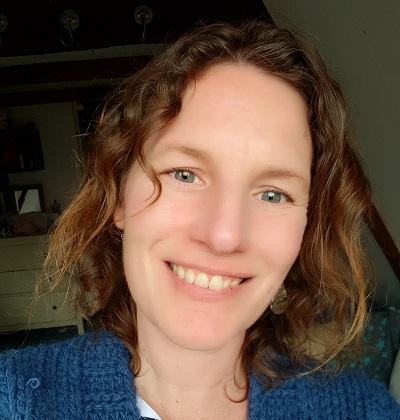 Sometimes you come home from a workshop thinking how useful it was and how you’ll definitely do everything the trainer suggested… when you find the time.
Sometimes you come home from a workshop thinking how useful it was and how you’ll definitely do everything the trainer suggested… when you find the time.
Sometimes you dash straight to your PC.
The latter was certainly the case after John Yonce’s immensely useful Data Privacy and Information Security workshop. By the time the kids had surfaced on Sunday morning, I’d installed two new browsers, tried out a new non-spying search engine, looked at what my virus scanner did on the malware front, installed an ad blocker, reviewed my backup process and configured the password vault I’d recently started using. (And made a checklist of all of this and checked off each item as I completed it.)
Most of us at the workshop were attending because we’d heard about the EU’s new General Data Protection Regulation (GDPR) and this seemed like an easy way to find out what we needed to do. We were working as translators, copywriters, editors, subtitlers and interpreters.
John began by looking at the origins of privacy and how it has a cultural context: in some cultures you don’t talk about your salary, for instance, whereas in others it’s fine. The modern concept of privacy dates to 1890 Supreme Court Justice Louis Brandeis and Samuel D. Warren talking about ‘the right to be let alone.’
We then looked at current privacy laws in the Netherlands and Europe and the GDPR in particular. This was relevant to our professional and personal lives: professional because we must protect any personal data of others that we have access to and personal because we should protect our own data.
The next step was to look at possible threats to privacy and information, and measures to prevent these. This means virus scanners, firewalls, ad blockers, malware blockers, updates and so on.
It also means general awareness of what data you’re sharing with whom when you install an app, create an account or hand over a copy of your passport, and whether you want to share this data at all. And a whole lot more, because there’s a lot of bad eggs out there waiting to get their hands on your data.
SENSE workshops tend to be bastions of niceness with lots of tip sharing and empathising. This stood out against the skulduggery and menace of data theft. But perhaps skuldugs are also charming to each other at skulduggery workshops and travel home together on the train discussing words for sprinkles (chocolate vermicelli, nonpareil, hundreds and thousands…), why coriander is cilantro in US English and how they need crocheted bootees for their sofa legs because they keep stubbing their toes on them. Who knows?
 Marianne Orchard is on the SENSE Executive Committee and an editor and writer for the SENSE blog and newsletter. She is a freelance translator (Dutch to English), editor and writer who specializes in creative texts.
Marianne Orchard is on the SENSE Executive Committee and an editor and writer for the SENSE blog and newsletter. She is a freelance translator (Dutch to English), editor and writer who specializes in creative texts.
